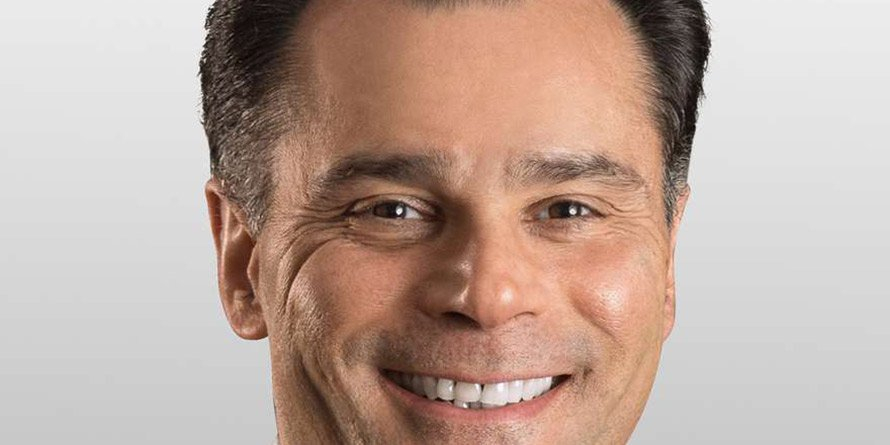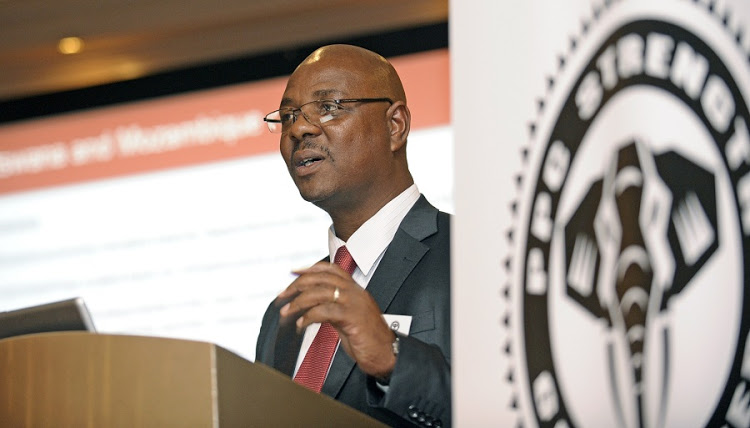

The August 17 decision to place debt-laden ARM Cement under administration was the latest manifestation of the struggles the cement industry has been going through in recent years despite real estate sector boom and increased investment in public infrastructure.
Today, two of the three publicly traded cement firms have plunged deep into losses, reflecting the industry’s challenges. Bamburi Cement remains the only profitable listed cement maker. The company, which is owned by French conglomerate Lafarge, last reported a Sh399 million profit for six months ended June 2018, a sharp drop from Sh1.84 billion it made in the same period a year earlier and Sh3.08 billion in June 2014. The industry’s woes are captured by a 7.9 per cent drop in cement uptake to just under 2.75 million tonnes between January and June this year. Seddiq Hassani, who took over as chief executive of Bamburi in February, spoke to the Business Daily on industry prospects and challenges.
Why is the cement industry and with it, Bamburi struggling?
Demand for cement is on the decline. We have seven players and demand this year is, for instance, lower than last year. So you have to fight, develop new products, improve the quality of service and reduce costs. This is only temporary. The market will grow.
How have you benefited from increased public expenditure on infrastructure in recent years?
Kenya is a retail-based market. The bulk of cement is going into houses.
Infrastructure development represents 10 to 15% of consumption. But it is important because this is where we can work with architects and designers to fund new projects.
How are you preparing for future growth?
In June, we commissioned work to double our capacity at the Athi River factory. It’s a new technology that we have brought here in Kenya. The project is about $35 million (Sh3.53 billion) and is about anticipating market growth. The increased capacity gives us flexibility to innovate, develop new products and improve service to customers. Increased capacity enables delivering better quality in a shorter time. The objective is to reduce costs, improve service delivery and take new products to the market.
What gives you confidence to invest in capacity at a time when demand is not growing?
We are not an operator for a year, we look long term. But, of course, for our shareholders and stakeholders, it is important to produce returns every year. We look to the future and that’s why we have invested in capacity expansion. We believe that Kenya is a growth market. Cement consumption in Kenya remains below 150 kilos per capita while the target we have, based on experience in different markets, is that maturity is sets in at 400 kilos per capita.
There have been murmurs about price-cutting in the market to beat competition?
Price is a matter of costs. It is a balance between demand and supply. It is something that’s difficult to predict. Yes there are some constraints in the market, but our role is also to fight.
How comes Bamburi remains profitable while listed competitors are battling losses?
We belong to a strong group. We are getting support in all initiatives related to product development, capacity growth, and the way we operate the plant to reduce operating costs. We have this technical know-how within the group, which helps us to improve our results.
What’s your strategy to remain profitable in future?
Our strategy relies on four main pillars.
First is growth, from the confidence that we have that the market will grow.
Second is performance because to create value, we need to produce at the lowest cost possible.
Third is attracting talented and skilled people we have in Kenya, developing them and retaining them because they are the main assets of the company.
Fourth is sustainability, which starts from health and safety. It’s one of our major values in the group, which also include what we do in recycling that offers a solution in waste management.
More news
- PART 2: CONCRETE IN THE DESIGN OF A UNIQUE LUXURY HOME IN GEORGE, SOUTH AFRICA
- PART 1: CONCRETE IN THE DESIGN OF A UNIQUE LUXURY HOME IN GEORGE, SOUTH AFRICA
- MVULE GARDENS, AFRICA’S LARGEST 3D-PRINTED AFFORDABLE HOUSING PROJECT
- PART 3: HARNESSING THE POTENTIAL OF HIGH SULPHUR FLY ASH IN CONCRETE PRODUCTION
- PART 2: HARNESSING THE POTENTIAL OF HIGH SULPHUR FLY ASH IN CONCRETE PRODUCTION




